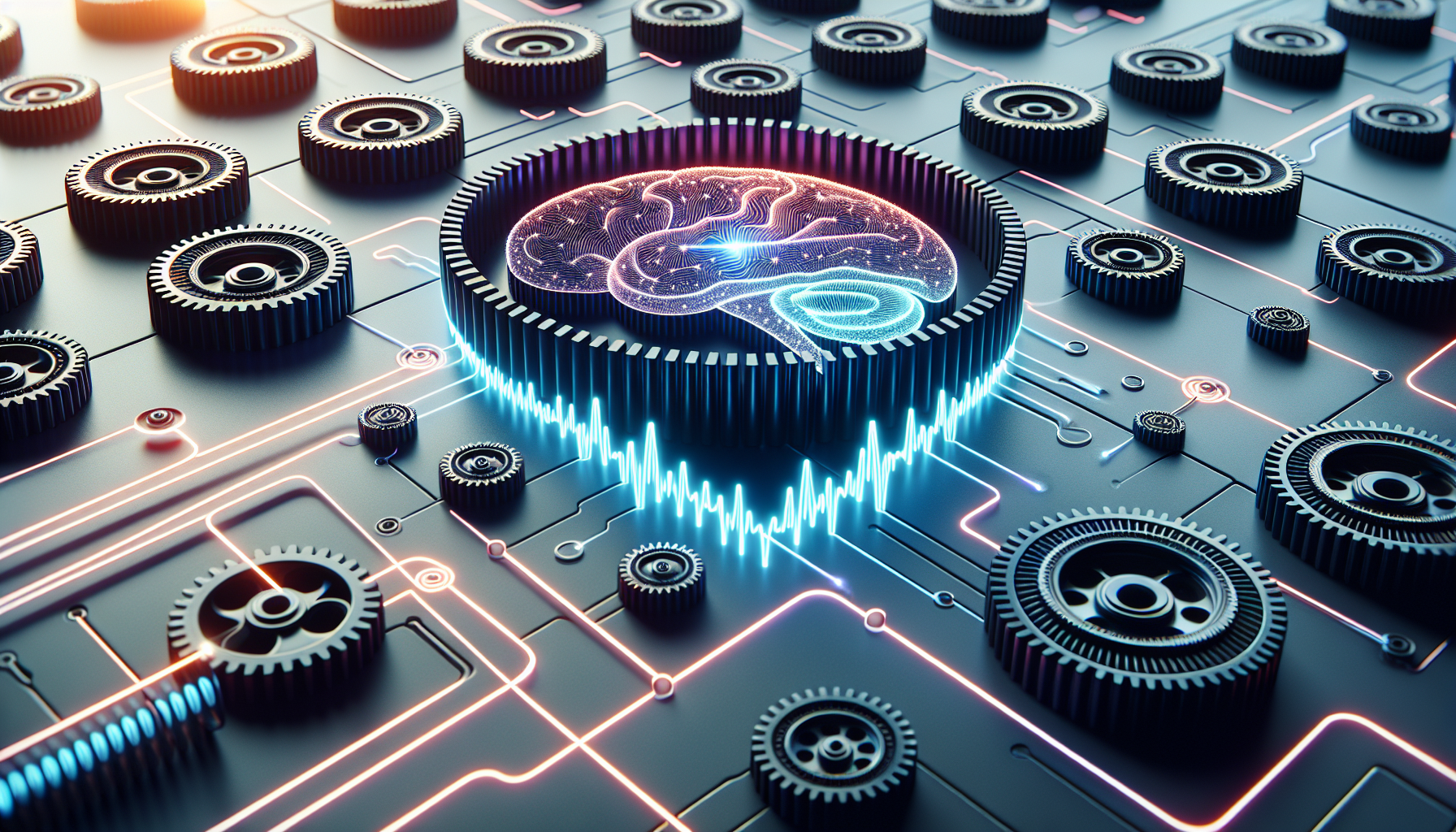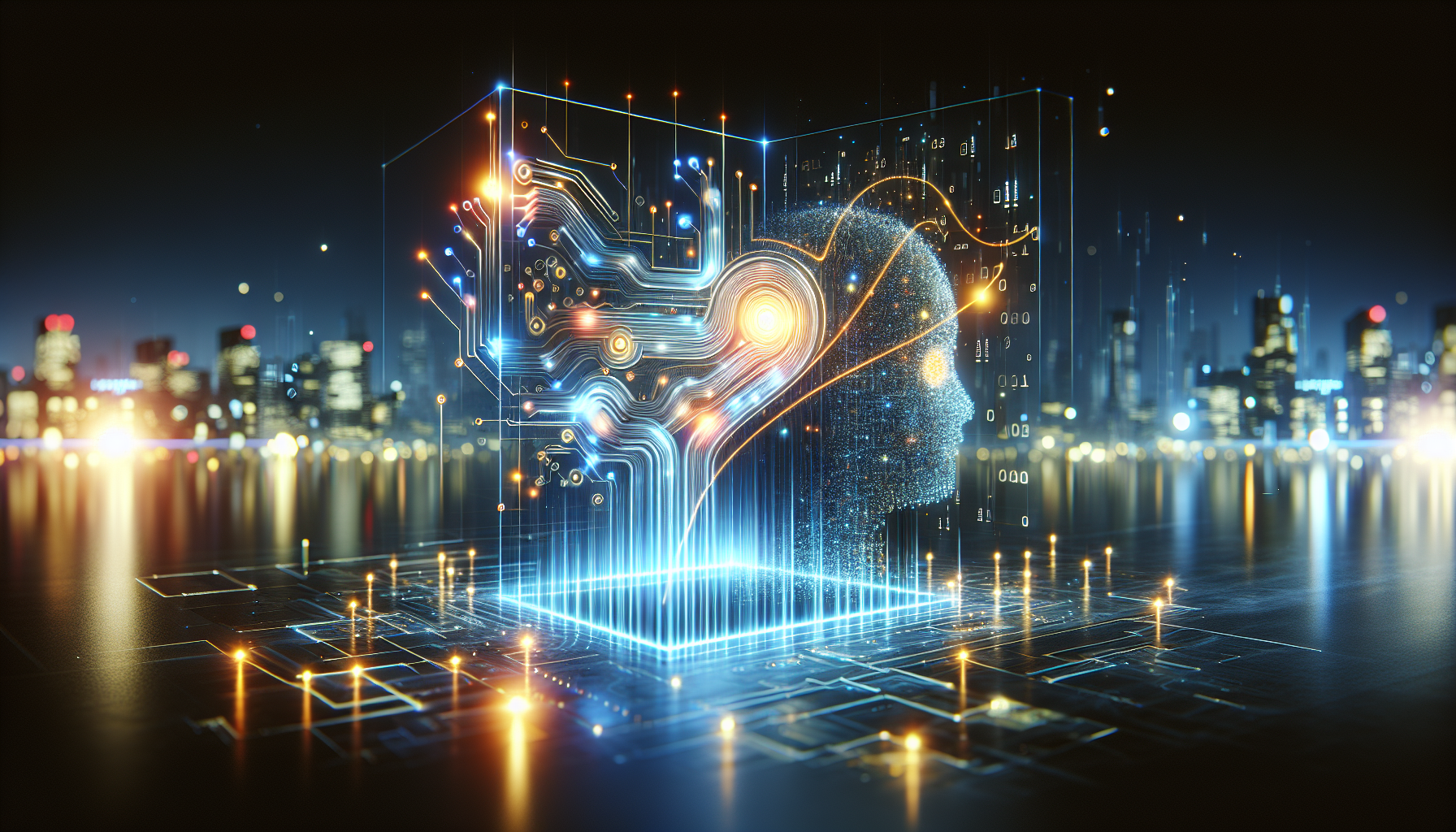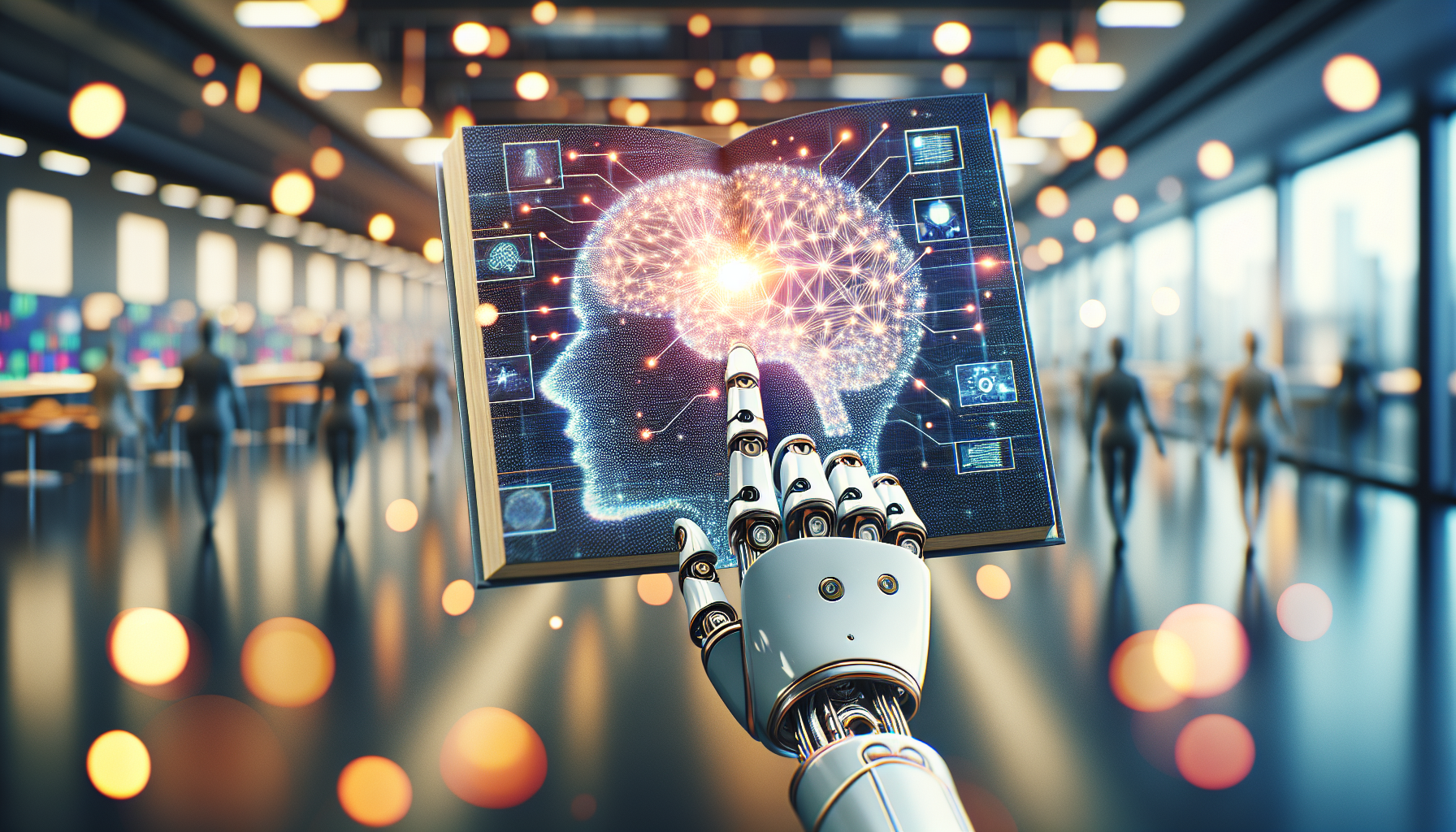
AI in Entertainment: Myths, Memes, and the Robot Apocalypse That Wasn't
August 15, 2025
Prepare yourself, dear reader, for a journey into the heart of the entertainment industry where artificial intelligence is busily rewriting scripts, creating virtual worlds, and perhaps even deciding which pop song will be stuck in your head for the rest of eternity. Yes, we're diving into the realm of AI in entertainment, a place as mystical as a unicorn riding a hoverboard and as misunderstood as cats on the internet.
First off, let's set the record straight: AI isn't here to steal your job, take over the world, or serve you a cold pizza in a virtual reality game. It's not the villain twirling its mustache in the backdrop of your favorite TV drama. Instead, AI is more like that quirky sidekick who occasionally saves the day with an unexpected plot twist.
Take, for example, the myth that AI is going to churn out movies entirely on its own. While we all dream of a Spielberg-bot directing the next blockbuster, the reality is a bit less sci-fi and more, well, collaborative. AI helps with everything from predicting box office hits to editing trailers. Imagine it as the Watson to your Sherlock, minus the British accent and deer stalker hat.
In the gaming world, AI has been hailed as both hero and villain. Some fear it will render human players obsolete, turning every game into an episode of 'I, Robot.' But fret not, dear gamers, because AI is here to enhance your experience, not to moonwalk over your leaderboard position. It creates smarter, more adaptive opponents that keep you on your toes, ensuring your late-night gaming marathons remain thrilling and not just a button-mashing fest.
Furthermore, AI isn't just about creating smarter enemies. It's about crafting entire universes. Procedural generation, a fancy term for letting AI build game environments, ensures that no two players have the exact same experience. Basically, AI is the ultimate dungeon master, weaving intricate worlds that seem to evolve as you play. So, next time you find yourself lost in a beautifully rendered forest or navigating a labyrinthine dungeon, remember to tip your hat to the silent AI architect behind the scenes.
Let's not forget the meme-worthy myth that AI will one day create the perfect pop song. While AI can analyze music trends and even generate catchy tunes, it's not about to replace the human touch that makes music so, well, human. Yes, AI can compose a ditty that'll get your toes tapping, but it's more like a duet partner than a solo artist. Think of it as the Simon Cowell of songwriting, offering insights and critiques but ultimately leaving the stage to the real stars.
In the realm of visual effects, AI is the magician pulling rabbits out of hats, or in this case, transforming green screens into vibrant alien landscapes. It's revolutionizing post-production by reducing the time-consuming tasks that editors have historically dreaded. By automating these processes, AI allows filmmakers to focus on the creative aspects of their work, like deciding how many explosions are too many explosions (spoiler: there’s no such thing).
And let's talk about AI in animation. Remember those lengthy hours animators spent painstakingly drawing every frame by hand? Well, AI has arrived like a fairy godmother with a digital wand, speeding up the process and allowing animators to focus on storytelling. It’s like having a million invisible hands working tirelessly to bring your favorite animated characters to life.
But where does this leave humanity in the grand entertainment tapestry? Fear not, for AI hasn't come to replace the human spark; it’s here to augment it. The best stories are born from collaboration between human creativity and AI's analytical prowess. So, rather than fearing our silicon-based companions, we should be inviting them to the creative party, making sure they bring the chips and salsa.
As AI continues to weave itself into the fabric of entertainment, perhaps the most exciting aspect is the potential for entirely new forms of media. Could we see the emergence of AI-driven choose-your-own-adventure movies or interactive music experiences tailored precisely to your mood? The possibilities are as endless as a Netflix series with too many seasons.
So, the next time you find yourself binge-watching a series or getting lost in a virtual world, ponder this: how will AI continue to change the way we tell stories, and what role will you play in this ever-unfolding narrative? After all, a good story is nothing without an engaged audience, and as long as there are tales to be told, AI will be there to help us tell them—preferably with a sense of humor.


